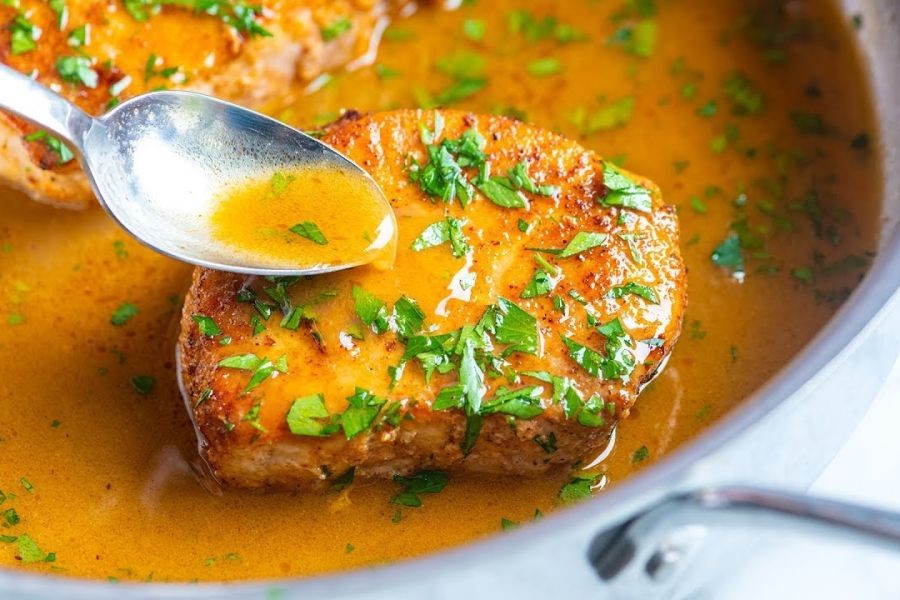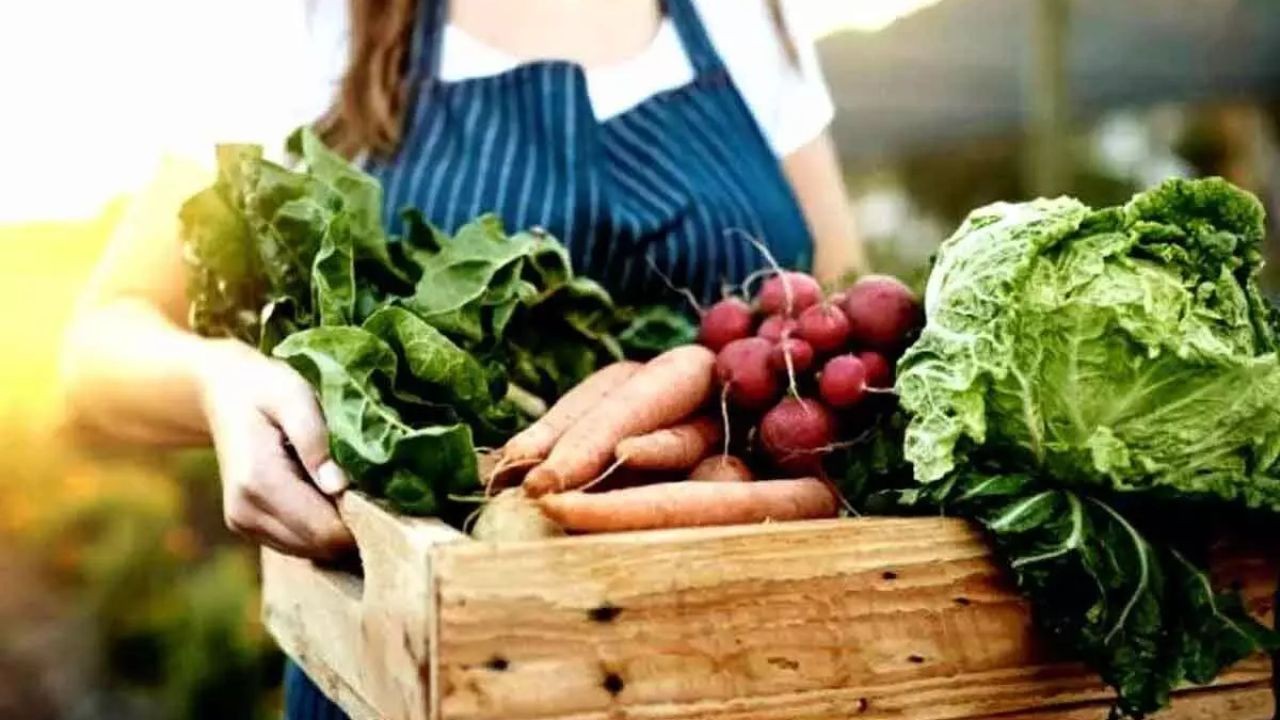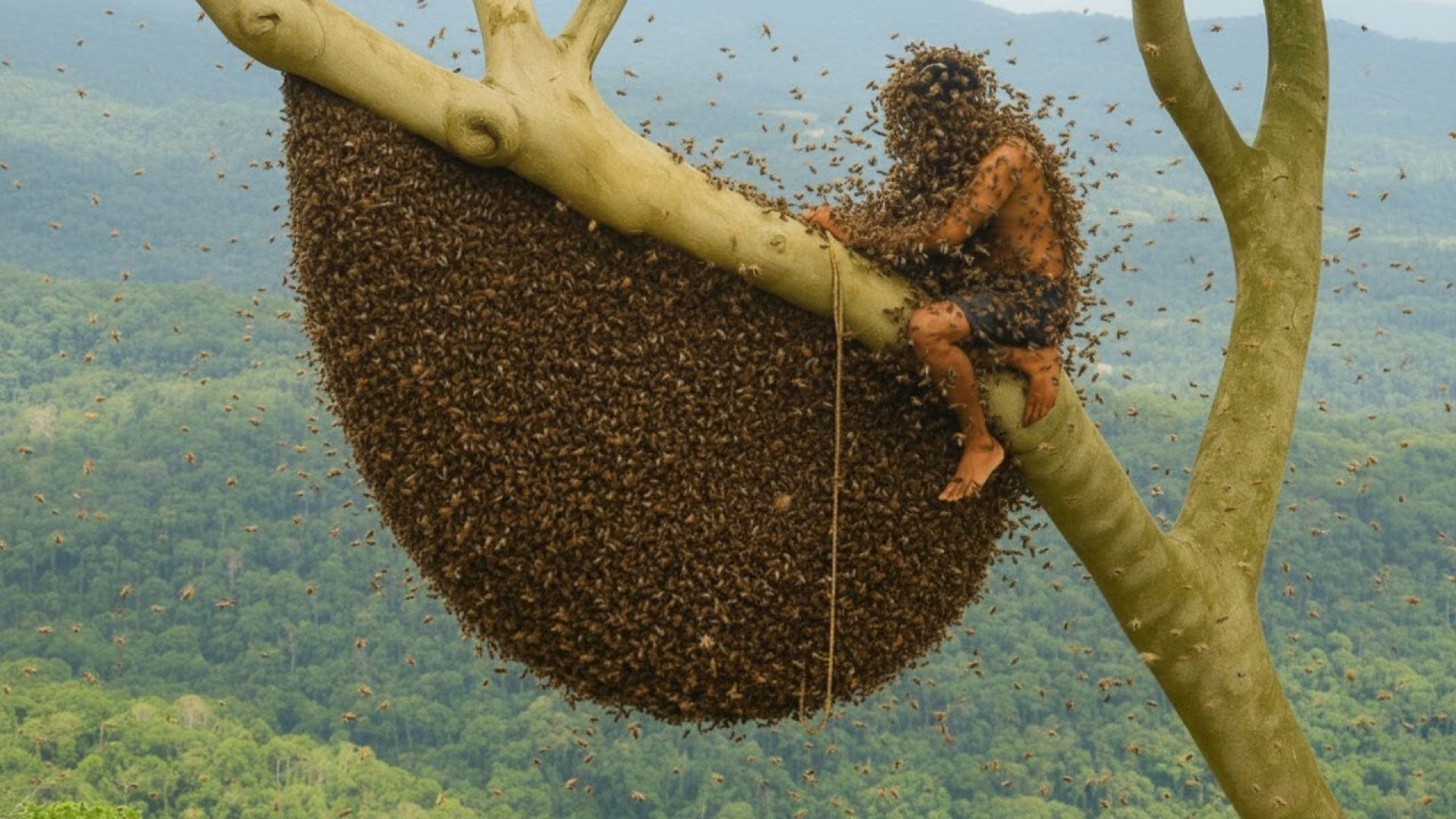Introduction
In the world of culinary arts, cutting and chopping ingredients is more than just a basic skill; it’s a cornerstone of efficient and effective cooking. For New Zealand, a country with a vibrant food industry influenced by its diverse cultures and rich natural resources, mastering these techniques can significantly impact both professional chefs and home cooks. The importance of precision in ingredient preparation is not only a matter of culinary aesthetics but also of economic efficiency, particularly in a nation where the food and beverage sector plays a crucial role in the economy, contributing approximately 5% to the GDP (Stats NZ, 2023).
Understanding how to cut and chop ingredients like a chef can transform cooking from a mundane task to an art form, enhancing the flavors and textures of dishes. This article explores the intricate techniques, industry insights, and economic implications of ingredient preparation, emphasizing the relevance to New Zealand's culinary landscape.
Main Sections
Understanding the Basics of Cutting and Chopping
Before delving into advanced techniques, it's essential to grasp the foundational skills of cutting and chopping. A proper understanding of knife skills can significantly reduce food waste, a critical consideration given New Zealand’s commitment to sustainability and reducing its carbon footprint. For instance, precise cutting can maximize the usability of each ingredient, reducing waste and contributing to cost savings in both commercial and domestic settings.
Essential Knife Techniques
- Julienne: This technique involves cutting vegetables into thin strips, ideal for stir-fries and garnishes. The precision of a julienne cut ensures even cooking and enhances the dish's visual appeal.
- Dice: Dicing involves cutting food into small, uniform cubes, which is crucial for consistent cooking times and flavor distribution.
- Chiffonade: A technique used primarily for leafy greens, chiffonade involves stacking leaves, rolling them tightly, and slicing them into thin ribbons.
These techniques not only improve the quality of dishes but also optimize ingredient utilization, aligning with New Zealand’s emphasis on sustainability and resource efficiency.
Case Study: New Zealand's Culinary Excellence
Case Study: The Grove Restaurant – Elevating Ingredients Through Precision
Problem:The Grove, a renowned restaurant in Auckland, faced challenges in ingredient wastage and inconsistent dish quality, impacting their reputation and profitability.
Action:To address these issues, The Grove implemented rigorous training programs focusing on advanced knife skills and ingredient preparation techniques. They also invested in high-quality knives and cutting tools to enhance precision and efficiency in the kitchen.
Result:After six months, The Grove reported a 30% reduction in ingredient wastage and a 20% increase in customer satisfaction ratings. The precise preparation of ingredients allowed for more consistent dish quality, enhancing the dining experience.
Takeaway:This case study highlights the impact of proper cutting techniques on reducing waste and improving culinary outcomes. New Zealand restaurants can leverage these insights to enhance efficiency and sustainability in their operations.
Pros and Cons of Advanced Knife Skills
Mastering knife skills offers numerous benefits, but it also comes with challenges that must be considered.
Pros:
- Improved Efficiency: Advanced knife skills increase the speed and precision of food preparation.
- Enhanced Presentation: Uniform cuts improve the visual appeal of dishes.
- Cost Savings: Reducing ingredient waste leads to significant savings.
- Consistent Quality: Uniform cuts ensure even cooking and flavor distribution.
Cons:
- Time-Consuming Training: Developing advanced skills requires significant time and practice.
- Risk of Injury: Without proper training, there is an increased risk of cuts and injuries.
- Initial Investment: High-quality knives and tools can be costly.
Debunking Culinary Myths
In the culinary world, several myths persist about ingredient preparation that can lead to inefficiencies and misunderstandings.
Myth: "All knives are the same." Reality: Different knives serve specific purposes. For example, a chef's knife is versatile, while a paring knife is ideal for intricate work. Using the right knife for each task enhances precision and safety.
Myth: "Chopping vegetables into smaller pieces doesn’t affect cooking time." Reality: Smaller pieces cook faster and more evenly, which is crucial for achieving the desired texture and flavor.
Myth: "Sharpening knives frequently damages them." Reality: Regular sharpening maintains the knife's edge, ensuring safety and efficiency. Dull knives require more force, increasing the risk of injury.
Future Trends and Predictions
Looking ahead, the future of culinary techniques in New Zealand is likely to be shaped by advances in technology and a growing emphasis on sustainability. The rise of smart kitchen devices, such as precision cutters and automated slicing machines, is expected to revolutionize ingredient preparation. According to a report by NZTech, the adoption of smart kitchen technologies could increase efficiency in commercial kitchens by up to 40% by 2028.
Furthermore, as New Zealand continues to prioritize sustainability, there will be an increasing focus on reducing food waste through innovative cutting techniques and technologies. This shift will not only benefit the environment but also enhance the economic viability of the food industry.
Conclusion
Mastering the art of cutting and chopping ingredients like a chef offers significant benefits in terms of efficiency, sustainability, and culinary excellence. For New Zealand, a nation rich in culinary diversity and commitment to sustainability, enhancing these skills is not just an option but a necessity. By adopting advanced techniques and leveraging technological advancements, New Zealand's food industry can continue to thrive and innovate.
What are your thoughts on the future of culinary techniques in New Zealand? Share your insights below!
Related Search Queries
- Advanced knife skills techniques
- Impact of cutting techniques on food waste
- Best knives for professional chefs
- Smart kitchen devices in New Zealand
- Sustainability in the culinary industry
People Also Ask (FAQ)
How do cutting techniques impact food waste in New Zealand?Advanced cutting techniques reduce food waste by maximizing ingredient use, aligning with New Zealand's sustainability goals, and enhancing economic efficiency.
What are the biggest misconceptions about knife skills?A common myth is that all knives are the same. However, using the right knife for each task enhances precision and safety, debunking this misconception.
What future trends could affect culinary techniques in New Zealand?By 2028, the adoption of smart kitchen technologies is expected to increase efficiency in commercial kitchens by up to 40%, according to NZTech.


































SallyWinst
5 months ago